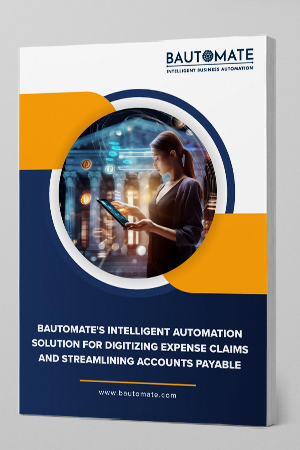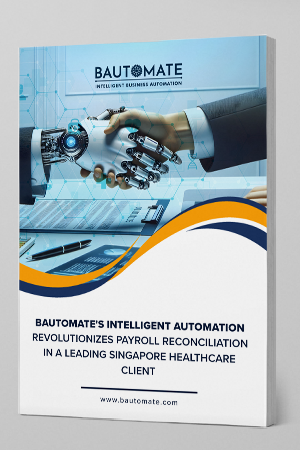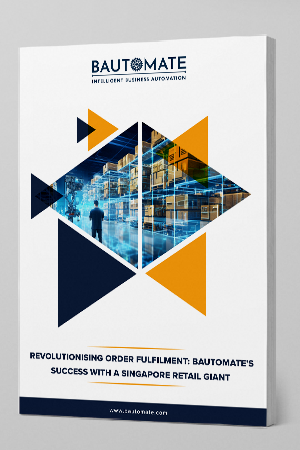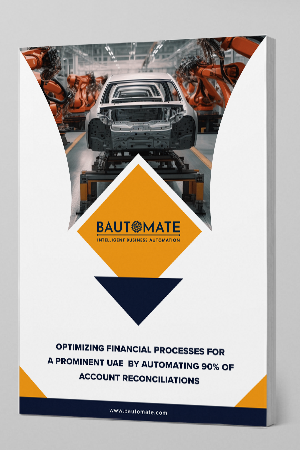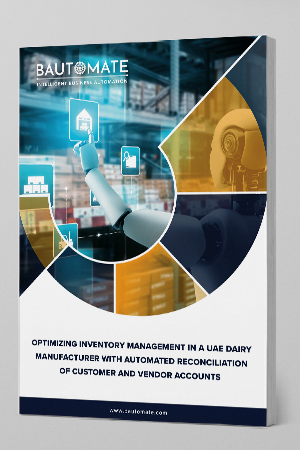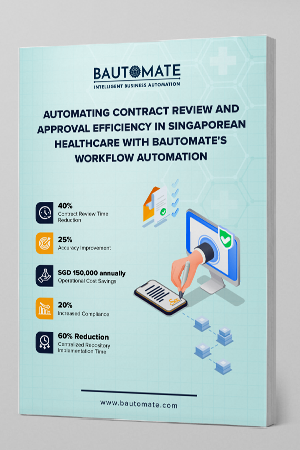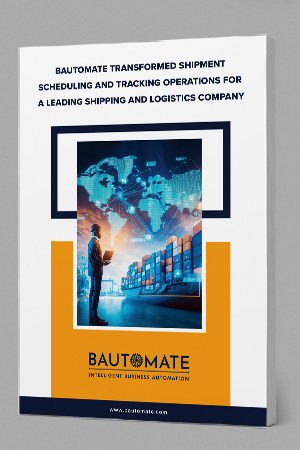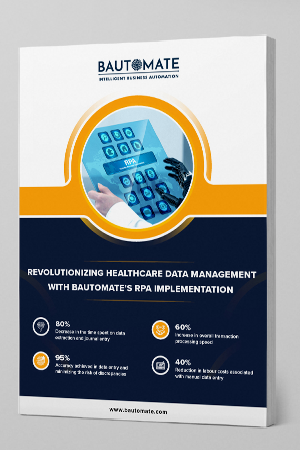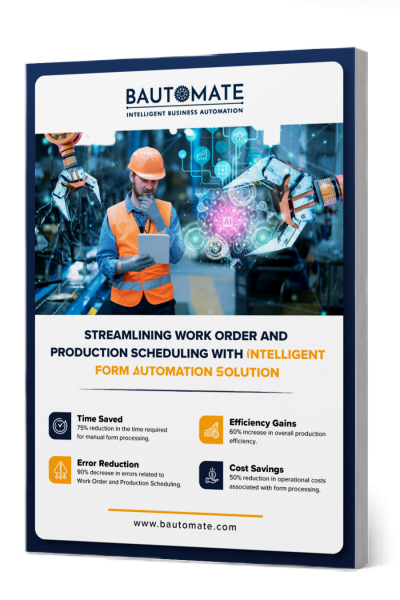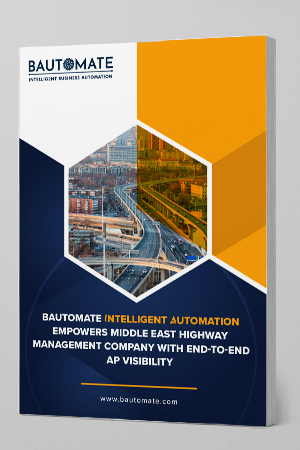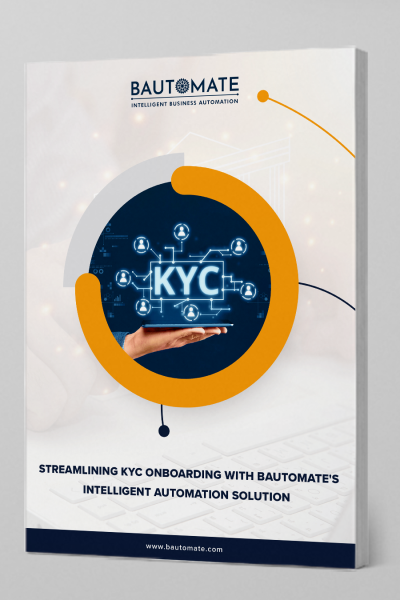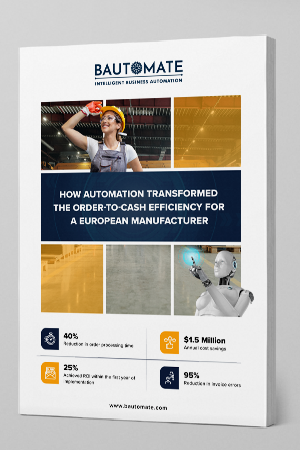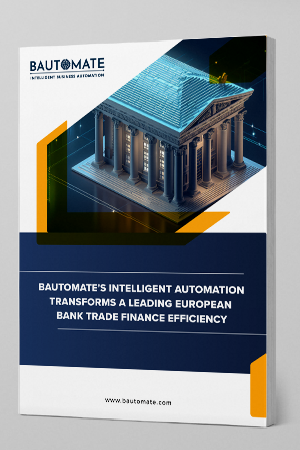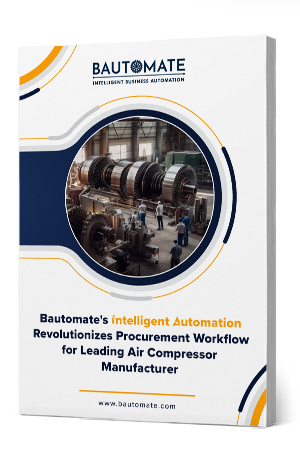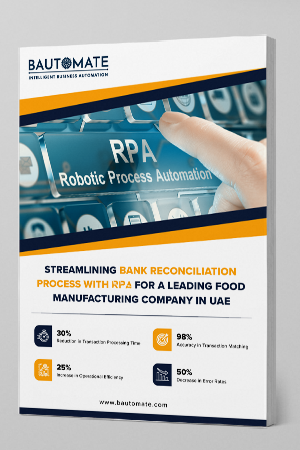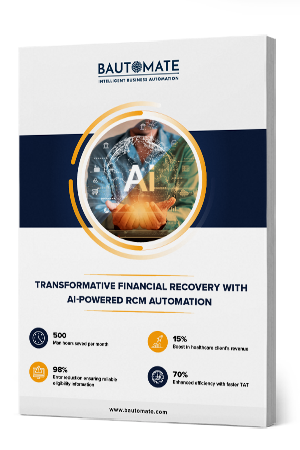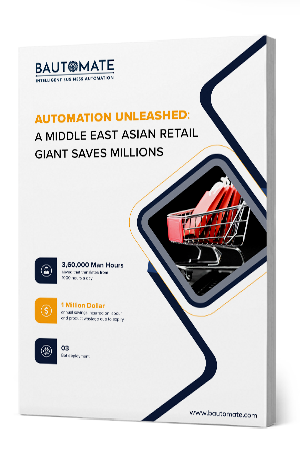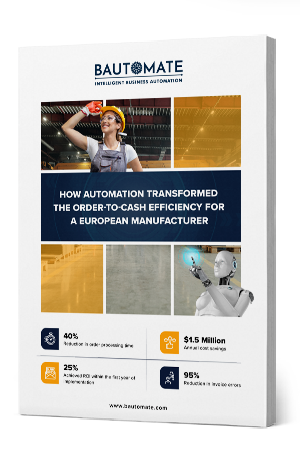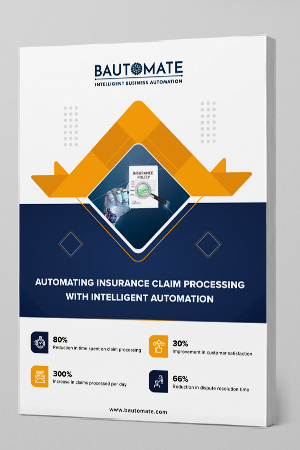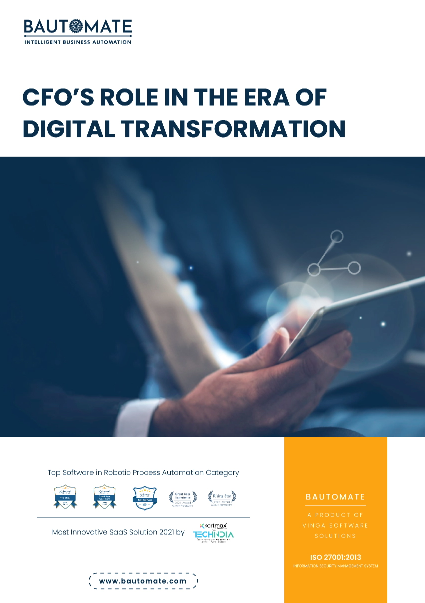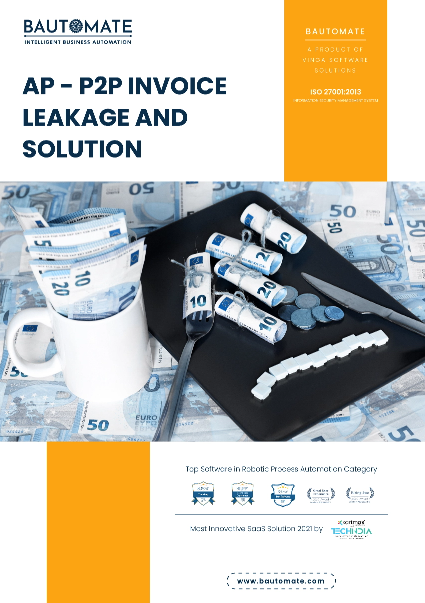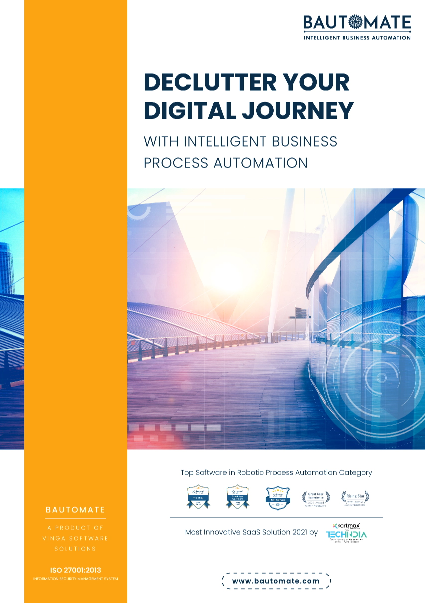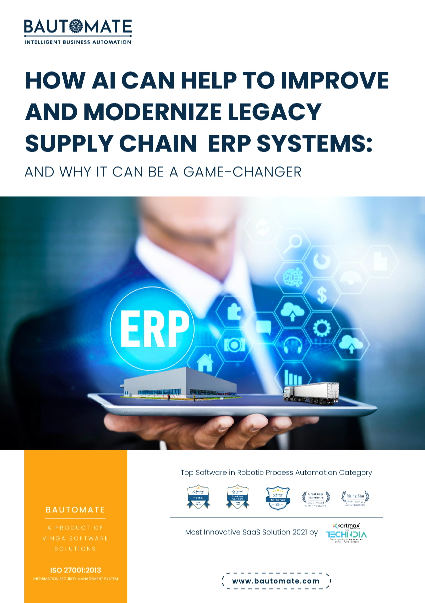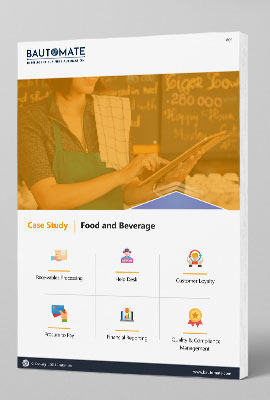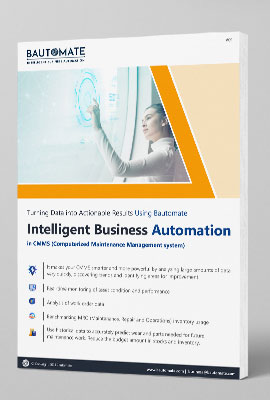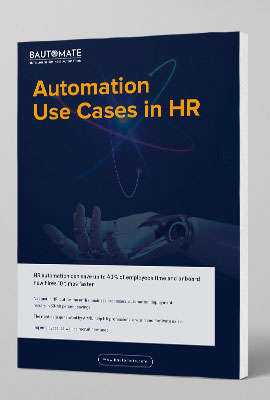
Every business enterprise aims to strive for excellence, but only a few know how to imbibe operational efficiency into their DNA using cutting-edge technology. The progression towards digital excellence is natural for businesses who intend to achieve cost-efficiencies, employee engagement, and customer satisfaction simultaneously. Intelligent process automation proves to be a game changer for businesses to meet excellence parameters on all dimensions successfully.
IPA incorporates the core redesigning of business processes using AI and RPA, along with cognitive agents, and much more. All these technologies enable businesses to automate repetitive and redundant tasks to drive continuous improvement towards simplifying more complicated and human-driven processes.
According to a Globenewswire report, the IPA market is expected to grow by USD 18250 million by 2028, with a reported CAGR of 10.7% from 2022 to 2028.
Core Technologies of Intelligent Business Process
Let’s take a closer look at the key technologies of IPA that form the fundamental basis of future business models.
1. Machine learning
The machine learning algorithms identify the key patterns in the data under “supervised learning” or “unsupervised learning.” For example, businesses can employ machine learning to understand the prominent trends in daily performance data and make informed decisions accordingly. The supervised algorithms learn from structured and unstructured data sets, combining both inputs and outputs. After learning, these algorithms initiate predictions based on new inputs on their own using advanced analytics.
On the other hand, the unsupervised algorithms take into account the structured data inputs and outputs and begin offering insights based on recognized patterns. With machine learning and advanced analytics, businesses can predict trends, improve business processes, reduce costs, improve compliance, customer service and much more.
2. RPA
Robotic Process Automation plays a crucial role in automating rule-based, repetitive, voluminous, and redundant tasks, thus freeing up human resources to focus on strategically driven tasks.
RPA can perform regular tasks like copying, pasting data, extraction of data, opening emails, responding to emails, creating reports, documents, moving files from one place to another and much more. With robots, the routine tasks can be streamlined without human intervention, saving time and the cost involved in the process.
3. Workflow Automation
Workflow automation comprises designing, executing, and automating the business processes based on workflow rules. All the tasks, files, and documents involved in the process are routed automatically between people and systems based on predefined business rules. It helps to streamline the business processes with optimal operational efficiency, minimizing inconsistencies and risks.
4. Cognitive Agents
The term “cognitive agents” refers to the digital workforce built from the combination of technologies: Machine Learning and NLG. These agents are capable of communicating, performing tasks via learning from data sets, and leaping ahead with decision-making based on emotional detection. Cognitive agents can empower employees by enabling them to provide accurate support to customers via chat or phone calls.
5. Natural Language Generation
NLG refers to the software engines that transform data into natural language via artificial intelligence. NLG powered by AI, ML, and deep learning convert numbers into natural language speech or text that humans can understand easily. Currently, voice assistants, chatbots use NLG and with help of pre-set templates the numbers can also be translated into the narratives.
Bautomate is an AI-powered Hyperautomation solution that provides data-driven dashboards, cognitive intelligence, dynamic forms, drag & drop visual workflow studio, rule engine, task-management, customer portal, and provides visibility of all business operations, and much more.
Conclusion
Since microeconomic situations put excessive pressure on businesses to maintain profit margins by reducing operational costs, improving operational excellence and customer satisfaction, Intelligent Process Automation can add value by optimizing productivity, accelerating business processes and simplifying customer interactions.
Therefore, having an IPA suite can provide operational excellence to business processes, but even if certain businesses can opt for one of the core capabilities due to resource crunch, the processes can be streamlined. Overall, the future of the business operating model is IPA and organizations that decode its relevance would try to adapt to it in full swing or more successfully in phases to keep a competitive edge.




